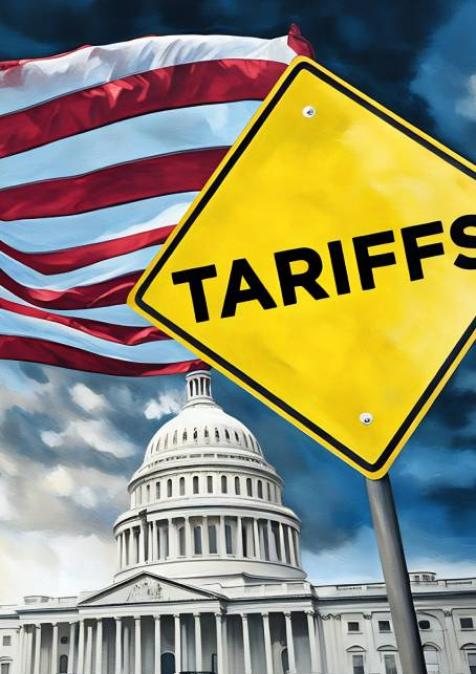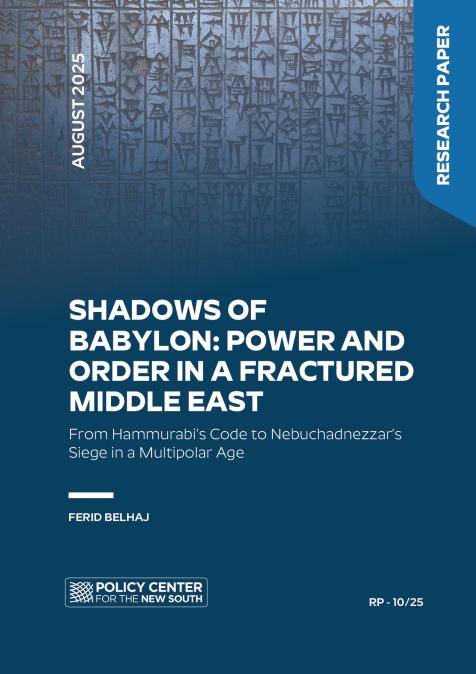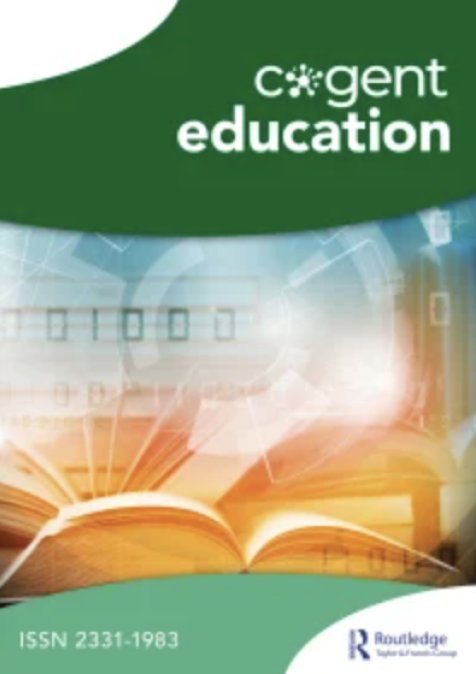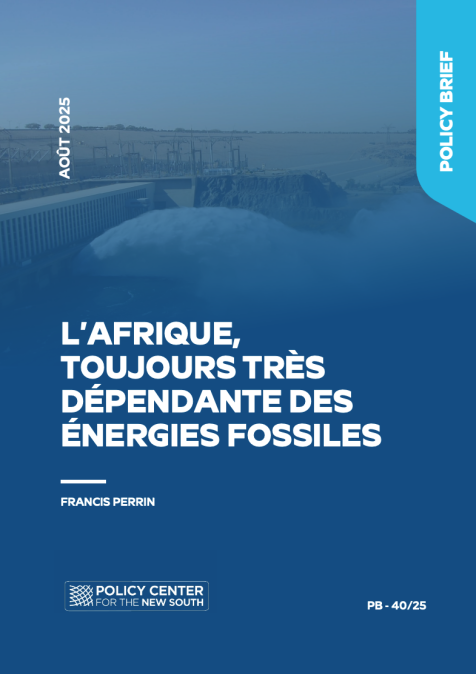Otaviano Canuto, Senior fellow, Policy Center for the New South The “middle-income trap” has become a broad designation trying to capture the many cases of developing countries that succeeded in evolving from low- to middle-levels of per capita income, but then appeared to stall, losing momentum along the route toward the higher income levels of advanced economies. We need to approach middle-income countries as being in a complex transition phase between accumulation and innovation-based economies. Individual middle-income country experiences of falling into a “trap” may be approached as cases of lack of or failing performance in footing the bill in terms of appropriate policies and institutions.












